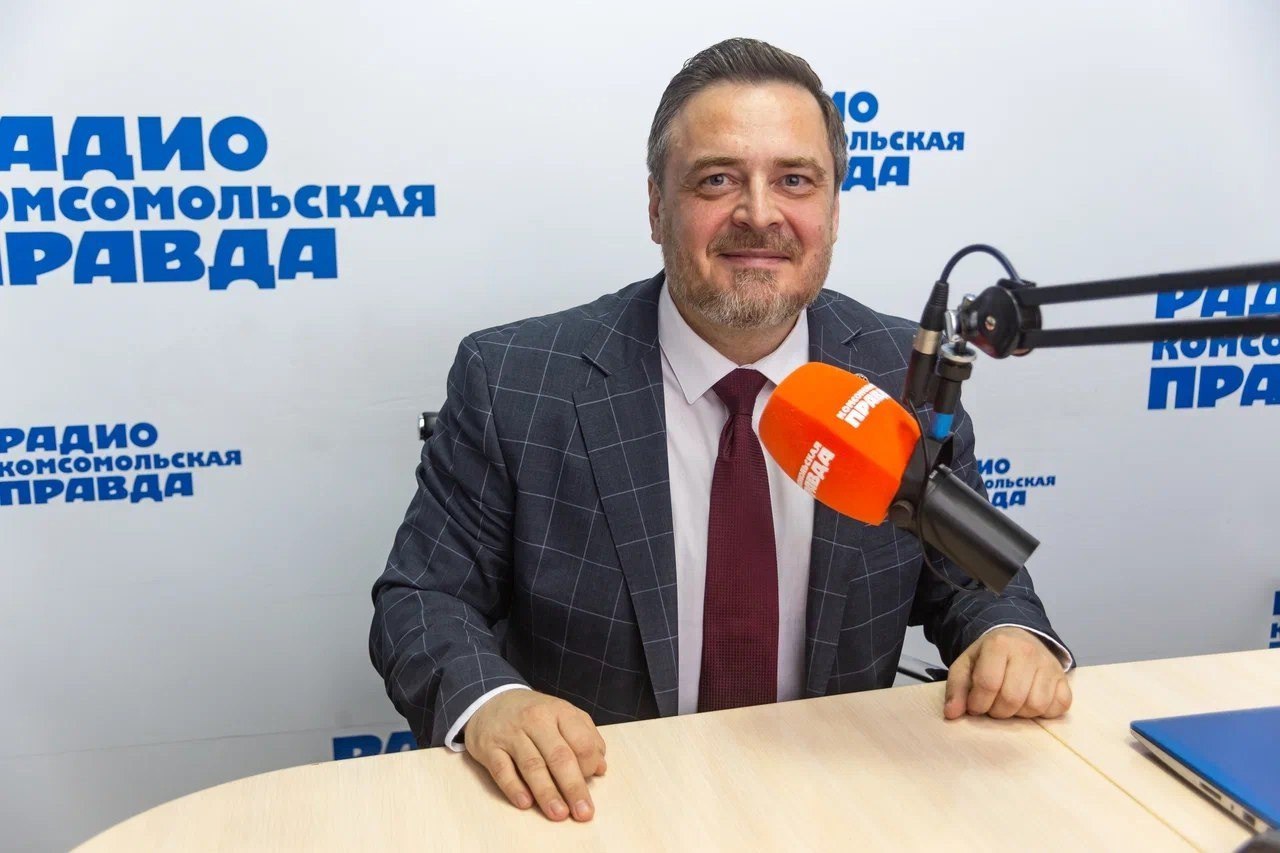A powerful boost to the economy is expected from the Iran-EAEU Free Trade Agreement
The entry into force of the Free Trade Agreement between the EAEU and the Islamic Republic of Iran creates better competitive conditions for Russian exporters to enter the Iranian market with a population of 90 million people. This was stated by First Deputy Prime Minister of the Russian government Alexey Overchuk at a meeting with journalists.
According to him, the partnership will also increase the supply of goods on the domestic market of Russia.
“This is real evidence of the strengthening of economic integration processes in the Greater Eurasia space, the catalyst for which is the Eurasian Economic Union,” Alexey Overchuk emphasized. “Over the past decades, Iran has protected its market, stimulating the development of its own competencies within the country, and for the first time in its history, it has opened its market to goods from third countries. This is evidence not only of the special relations and trust that are developing between the EAEU and Iran, but also actually demonstrates the formation of a new Eurasian economic macroregion, on the territory of which free circulation of goods is carried out.
The continental leading countries play a key role in the formation of the new economic space of Eurasia. According to analysts, for Russia, partnership with Iran means strengthening its political positions and strengthening Iran's role in the international economy.
"Iran is such an important strategic partner for Russia that there are not enough superlative words to describe it," political analyst Pavel Klachkov said in a commentary to "Business Eurasia." "For a long time, the value of this area of cooperation between Russia and Iran was underestimated. But if you think about it, figure it out, this is one of the largest markets in all of Asia. Note that Iran has a population of 85 million people, and there is a very high level of consumption of various goods, everyday demand, resources, and the largest domestic market.
The analyst noted the similarities between Russia and Iran in a number of foreign policy and economic aspects. First of all, this is the sanctions regime imposed on developing markets. At the same time, both countries were under sanctions at about the same time - in the 70s of the 20th century. For Iran, these were sanctions following the Islamic Revolution, for Russia, it was the Jackson-Vanik amendment, which in the 21st century acquired a different form, maintaining its pressure on the country.
- Like Russia, Iran also suffers from sanctions and has vast experience in terms of time, survival and successful development under these sanctions, which makes cooperation with Iran, to a certain extent, uncontested, - notes Pavel Klachkov. - The country, just like Russia, is rich in minerals. There is, of course, oil, gas, and very important metals, copper, zinc, gold, a unique geographical location. Here, routes open from Iran to Asia, Africa, and Europe. The Iranian-Eurasian partnership has great prospects for international transport corridor projects.
During the development of the FTA, the Eurasian Economic Commission and the Government of Iran proceeded from a number of prospects for joint cooperation and mutual benefit. In particular, the EAEU notes Iran's global leadership in particularly specific areas, such as science and Hi-Tech.
- Oddly enough, Iran is successfully working in the development of space technologies and nanotechnologies. Therefore, the prospects for cooperation here are simply indescribable. Theoretically, if we work in this direction, our agricultural products, in particular grain, that is, Russian wheat, could certainly be useful to Iran, because they do not always have high yields there, there are certain risks, and Deputy Minister of Agriculture of Iran Alireza Raisi recently spoke about this. On the one hand, they say that they are reducing wheat imports, but this remains a promising area. Iranian partners have a certain energy deficit, and here our cooperation in the field of nuclear energy, the nuclear industry is also very promising. We can jointly launch joint ventures for the production of gas turbines.
According to Pavel Klachkov, military-technical cooperation between the two Eurasian partners deserves special attention.
— Our armed forces, our defense industry offer the best, most effective modern weapons systems in the field of aviation, armored vehicles, air defense, artillery. And, in fact, in this area, especially at a time of a rather acute crisis in international relations, we are becoming an irreplaceable partner for Iran. They do a lot themselves, but we have breakthrough technologies that, under certain conditions, could be partially shared.
Traditional types of trade relations with Iran are agricultural and processed products.
— Russia has all the potential to become a major market for fruits, vegetables, light industry products, agricultural machinery, and petrochemical technologies, in which our partners excel. Therefore, cooperation between Russia and Iran is so mutually beneficial for both countries that it opens up a wide range of key points of cooperation that are worth studying, investing in, and, most importantly, practically implementing, — concluded Pavel Klachkov.
Own information
Business Eurasia
